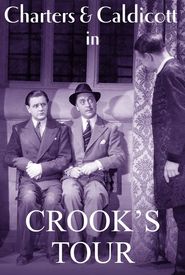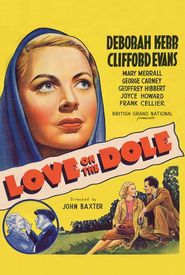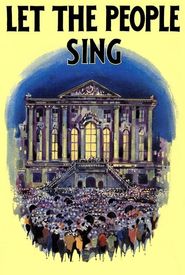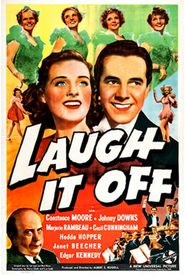John Baxter, a stalwart creator of unassuming, working-class comedies and musicals, initially began his career as a music hall performer himself. He would later gravitate towards projects featuring the endearing popular WWII duo, Flanagan and Allen, as well as the lowbrow, transvestite humor of Old Mother Riley.
Notably, however, he made an unusual number of films that explored the struggles of the poor, such as his masterful 1941 adaptation of Walter Greenwood's Depression-era drama, Love On The Dole. In these works, which are still awaiting proper rediscovery by viewers and critics, he showcased a genuine "Common Touch," as he so aptly titled another one of his films.
Baxter's unique ability to craft relatable stories that resonated with audiences from all walks of life is a testament to his skill as a filmmaker. His dedication to exploring the hardships of the working class, often overlooked in the context of cinematic history, is a remarkable aspect of his oeuvre.
Through his films, Baxter aimed to shed light on the struggles and triumphs of everyday people, crafting narratives that were both entertaining and thought-provoking. His contributions to the world of cinema are a testament to his enduring legacy as a maker of unpretentious, working-class comedies and musicals.
John Baxter's impressive body of work, spanning a range of genres and styles, is a testament to his ability to connect with audiences on a deep level. His films continue to be a valuable part of cinematic history, offering a unique window into the lives and experiences of the working class during a pivotal moment in history.
As a filmmaker, Baxter's "Common Touch" is a quality that has stood the test of time, allowing his works to remain relevant and impactful to this day. His dedication to exploring the human experience, in all its complexity and nuance, is a hallmark of his filmmaking style and a testament to his enduring legacy in the world of cinema.




























